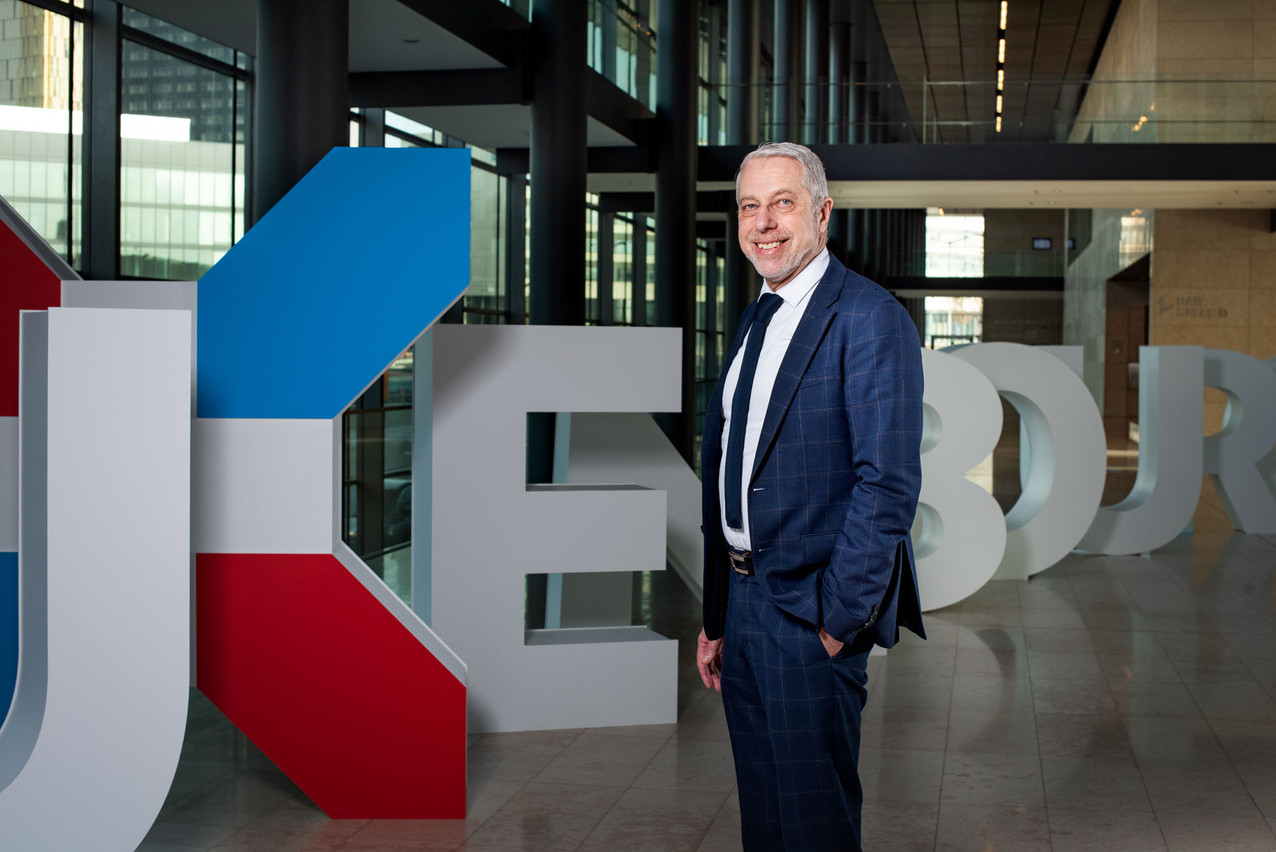What was your first student job?
When I was studying in Aix-en-Provence, every summer I went back to my family in Nancy and gave tours of the city as a tour guide. At the same time, working at the tourist office, I was in charge of a programme called “Holidays for Those Who Stay”. It was very nice and had a social aspect: the city of Nancy and the tourist office proposed activities for people who didn’t go on holiday, or at least not right then. I was 18 years old and it was a good experience—it was even my first steps in the tourism sector, a sector I’ve stayed in my whole life.
How much did you make? What did you do with your first paycheque?
This was in the 1980s, and in French francs—so I think it must have been around €800. I spent it going on holiday.
What was your first “real” job?
I was in charge of studies at the Bouches-du-Rhône Provence departmental tourism committee in Marseille. I set up an observatory and produced the departmental tourism development plan for Provence. It was an extraordinary first job. It was something new at a time when tourism was, for the first time, considered a science. We were dealing with marketing, studies, analyses, observatories, counting systems, etc. It was really a whole new dynamic in France. It was exciting. I was in charge of the observatory, but I was also a technical member of the regional system of the Provence Côte d’Azur tourism observation and analysis system. I stayed for seven years.
How much did you get paid and did you spend your first paycheque on anything special?
I don’t really remember, but it couldn’t have been very much—I think around the equivalent of between €1,200 and €1,500. I didn’t make any particular purchase: I had to pay my rent and buy groceries. So, I paid for my living expenses with my salary. It was a first salary, but above all it was independence, being able to live alone.
Today, what would you say to a young Patrick Hoffnung if he handed you his CV?
What’s important on a CV is having a lot of experience from internships and various experiences, even unpaid ones. That would give him an advantage when applying for a job, especially international experience. It shows, on a first CV, a lot of things like the candidate’s willingness and enthusiasm.
